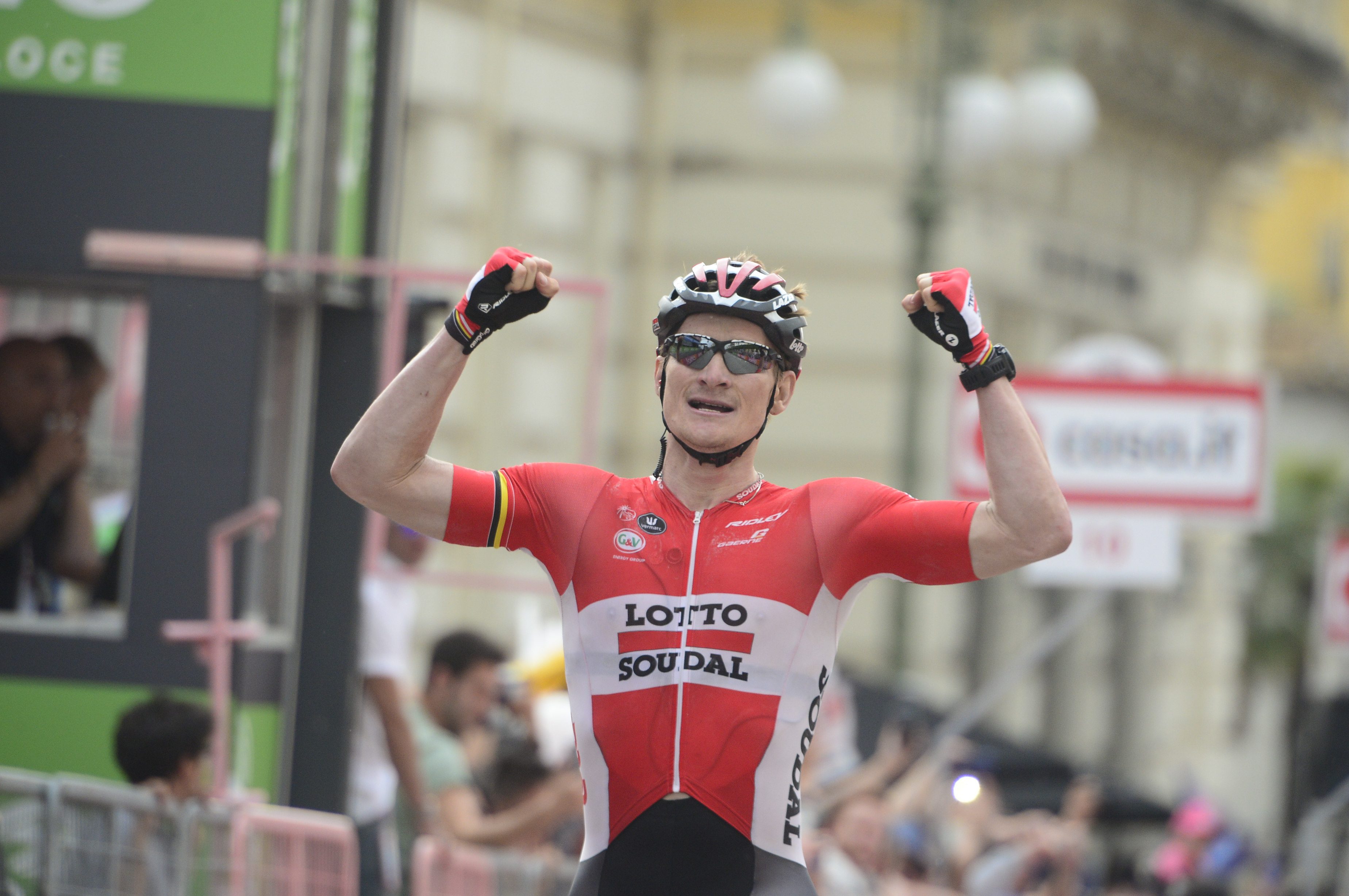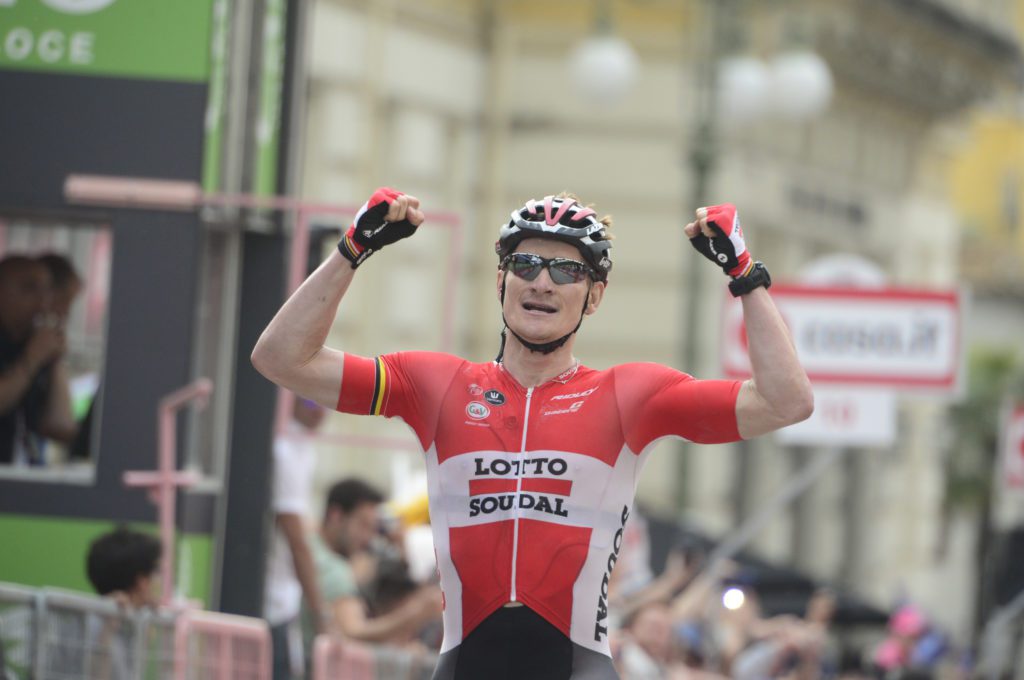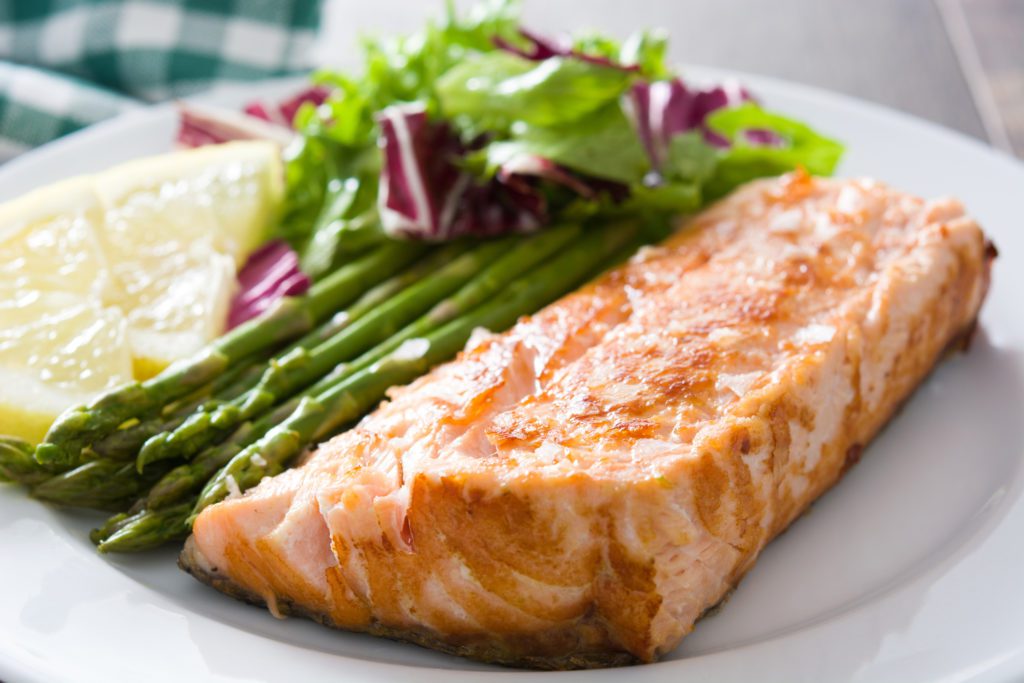How to maximize your protein intake as a cyclist
We already know that protein is an essential part of an athletes diet but now experts have found two common mistakes many are guilty of making...

by Dan Way
The role and importance of protein in one’s diet is fairly obvious. Most of us know that protein is the key building block for new muscle mass. Want strong muscles for the sprints and to get you up punchy climbs? Include lots of protein in the diet.

However, fewer know that it also plays an essential role in repairing damaged muscle tissue. After a long or hard ride, your muscles need to recuperate. What’s more is that protein provides up to 10 per cent of the energy needed to sustain endurance exercises– like cycling. All of this means that endurance athletes need protein even more than the average person.
How much do I eat?
Given these important functions, recent recommendations for endurance athletes is to consume 1.8 grams of protein per kilogram of body weight. As such a 130 lb (59 kg) female would need 106 grams of protein per day. A 180 lb (82 kg) male would need 148 grams.
RELATED: Recipe: Bean, chickpea and avocado salad
To put that into perspective, these protein portions that experts suggest for endurance athletes is roughly double the amount recommended for the general population. As an additional rule, protein should make up 20 to 25 per cent of one’s daily caloric intake.
So what else should round out those breakfast, lunch and dinner plates? Well, experts suggest that carbohydrates should account for about 50 to 60 per cent and fats should make up the rest– about 20 to 25 percent.
But don’t get the timing wrong!
One commonly overlooked or unknown fact about protein is that when you eat it is just as important as how much you eat. Most Canadians consume the majority of their daily protein during dinner, towards the end of the day. And many eat up to 60 per cent of their daily intake of protein in just one meal. This is a problem because you can only use about 20 to 25 grams of protein at a given time. If you eat more than this in one sitting, it will simply be burned as energy. Plus, because of the way your body functions with routine activity, you need protein at all times of the day– not just at the end.
RELATED: Fer your health: The importance of iron for athletic performance
Spreading out protein consumption equally over three meals plus snacks is the best way to maximize its nutritional benefits and give your body what it needs. Aim to get 20 to 25 grams of protein with every meal and in snacking throughout the day. Another suggestion: front-load your protein intake by getting an adequate amount with breakfast and lunch. There’s also emerging evidence that having some protein just before bed can be beneficial for enhancing overnight recovery.
RELATED: Chicken pesto pasta recipe
A final point to consider– which many serious athletes already know — is that you should be sure to eat foods that contain protein, in combination with carbohydrates, after any hard ride or workout.


